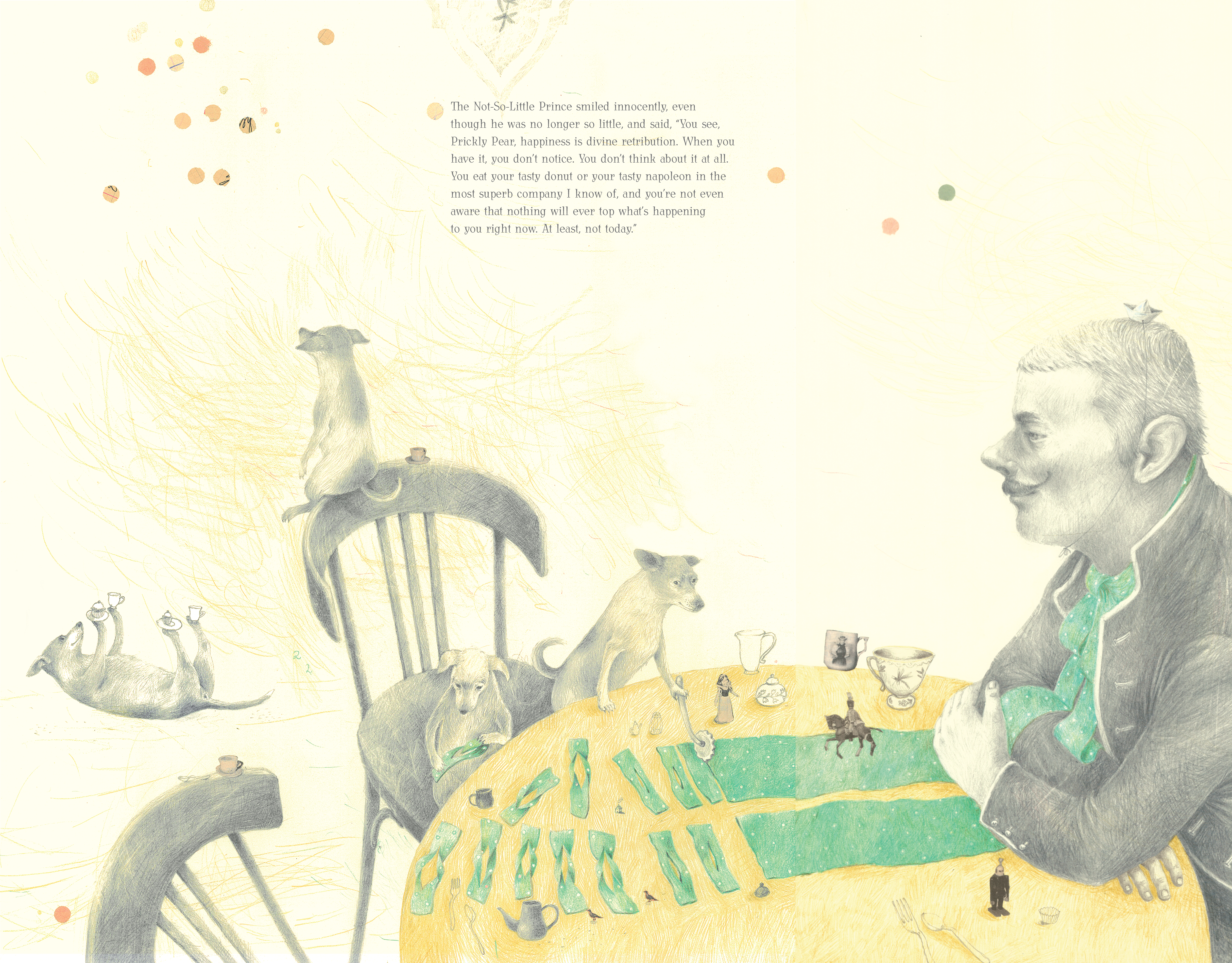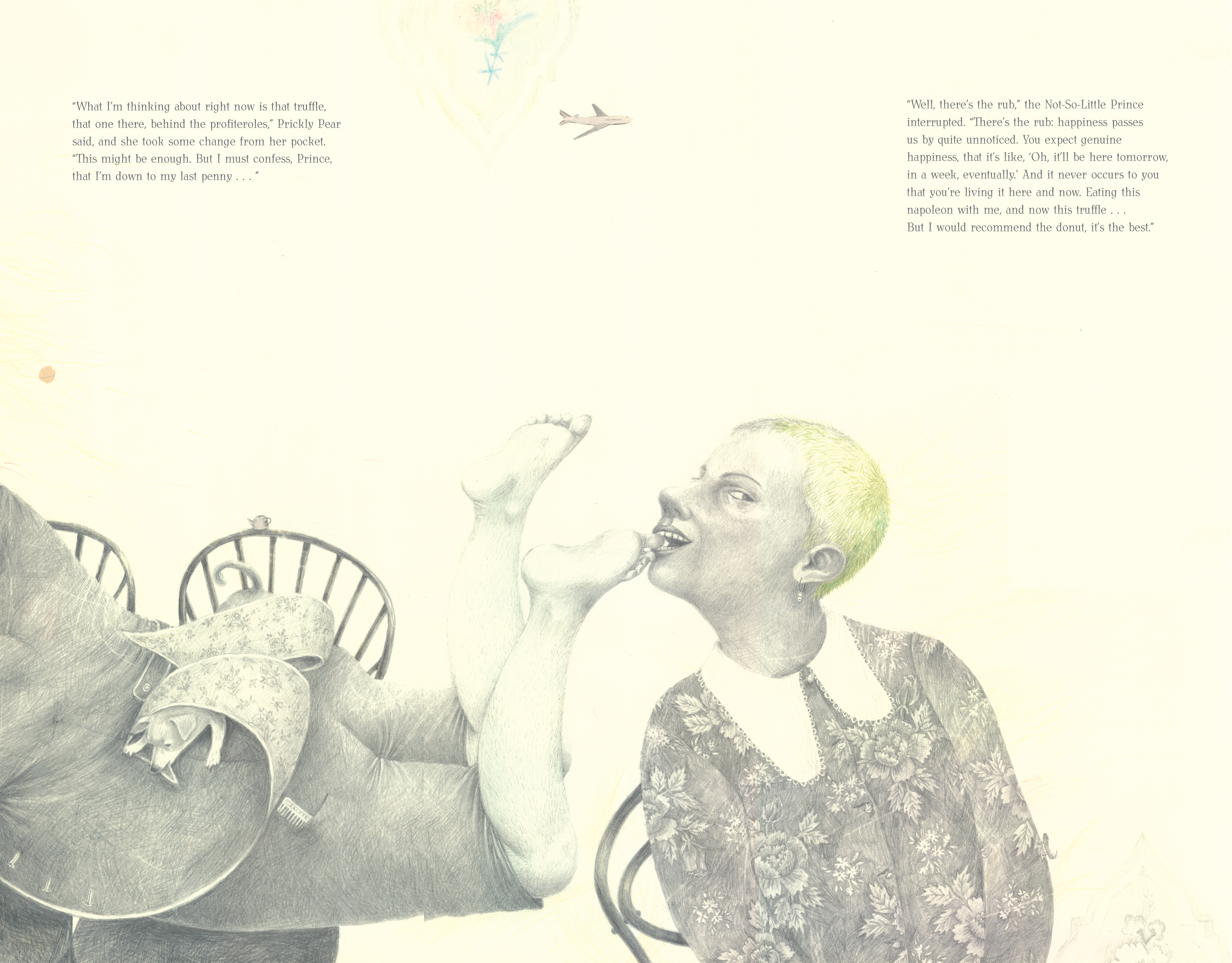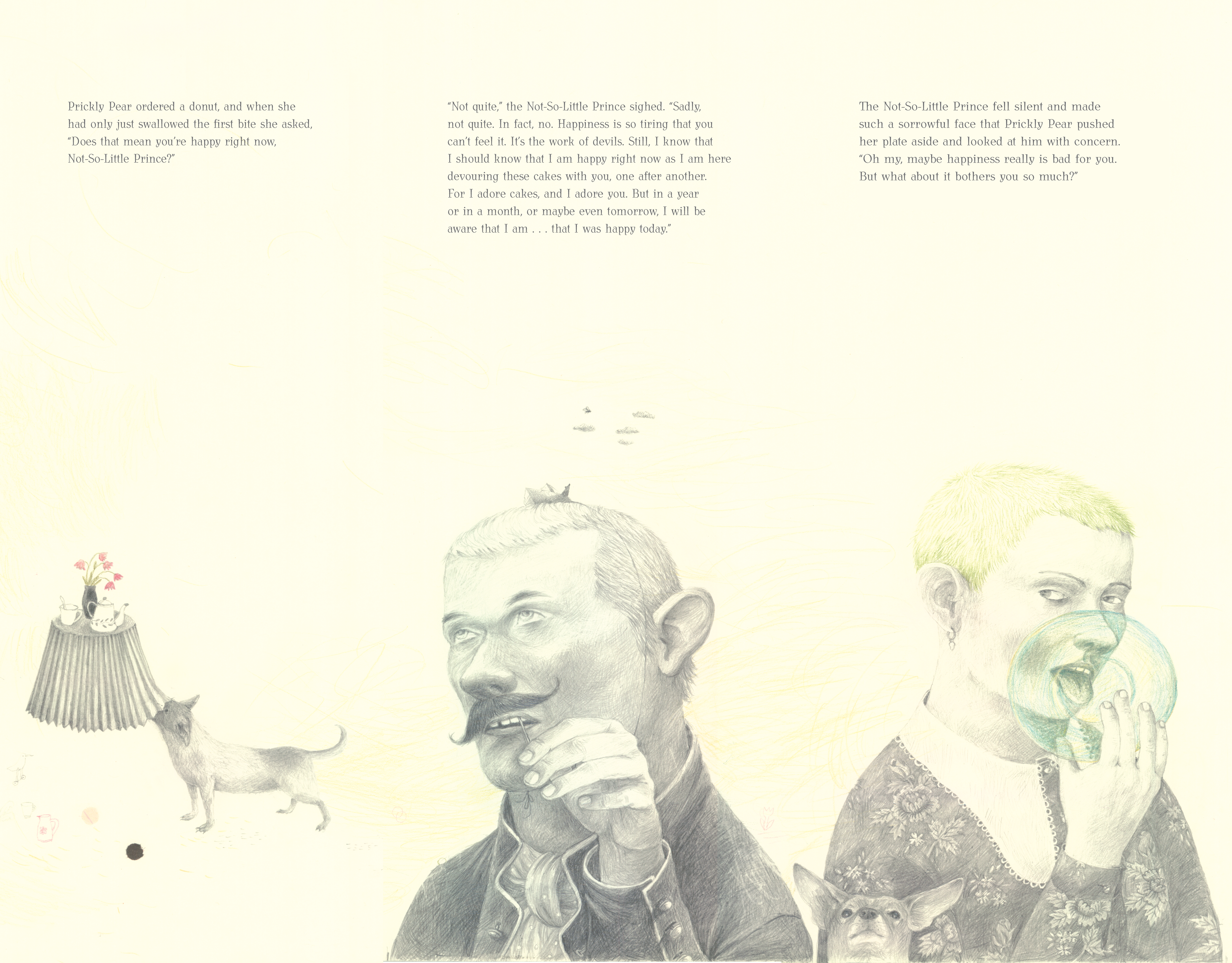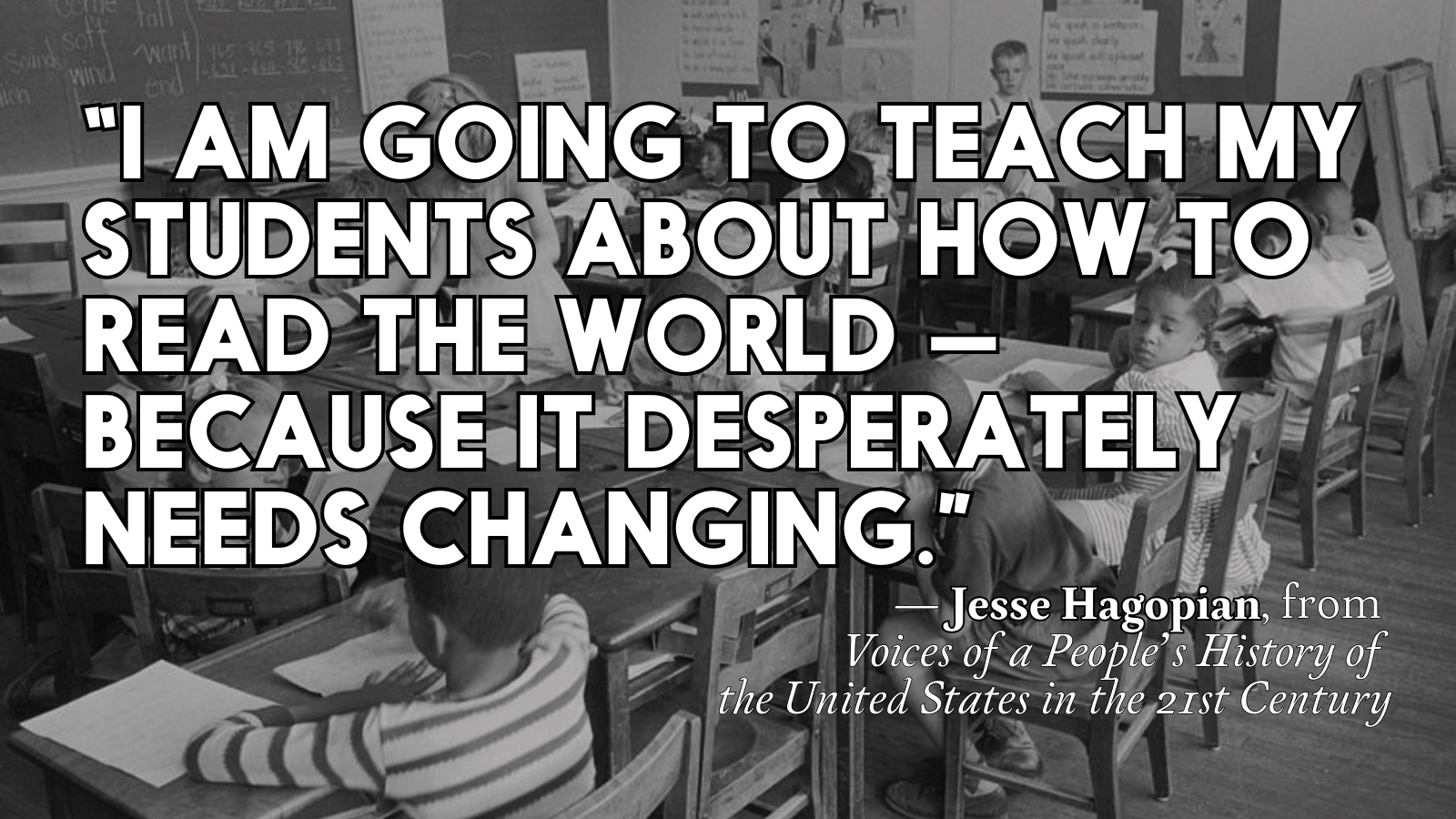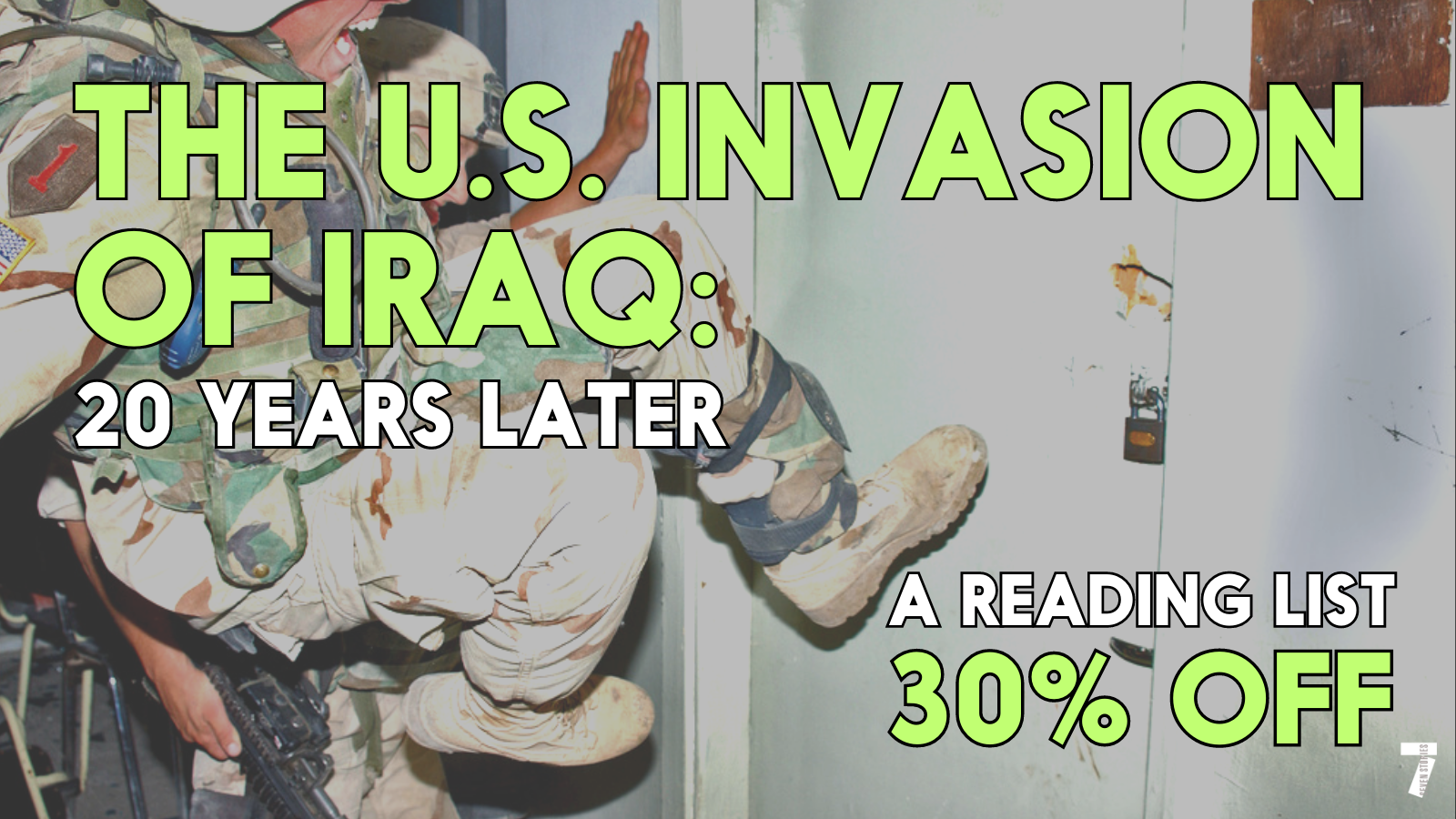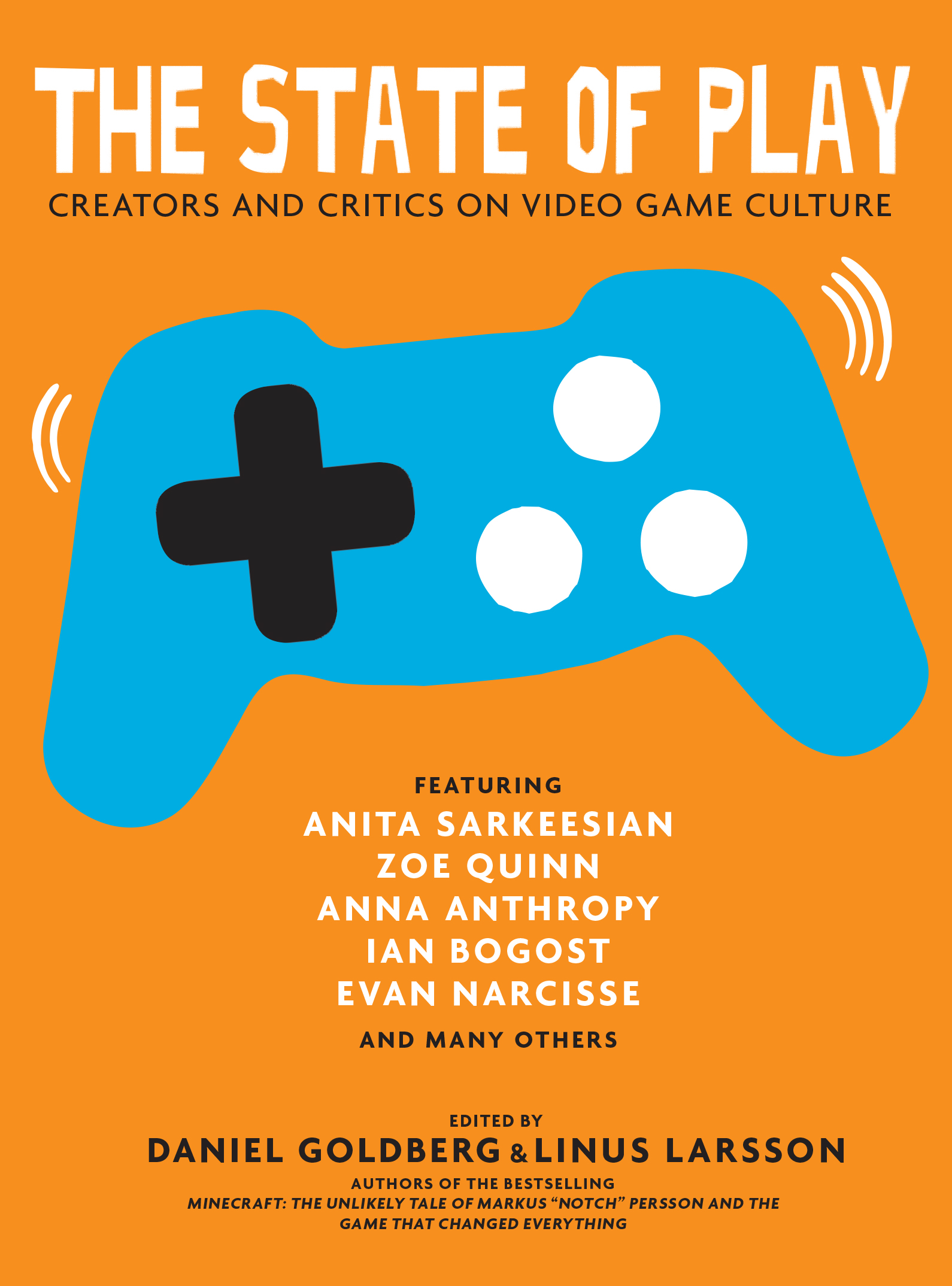
The Christmas season is here and for those of you with a millennial wo/man child or actual child in your life that may very well mean buying video games. I’m not going to help you pick out a game, we sell books here, maybe later we’ll help you pick out a book. If you’re interested in some best of 2016 video game lists check with these people. They’ll tell you what to buy the millennial wo/man child in your life.
This post is shameless log rolling for State Of Play, a collection of essays by some of the most insightful game commentators and journalists we could find. 2016 has been a turbulent year, one more than a little preoccupied by questions of identity, humanity, and artificial intelligence in politics and pop culture. As a performative and often social medium, video games can shed a revealing light on these questions and State of Play is a terrific primer on the subject.
Reading the book, I wondered with Cara Ellison and Brendan Keogh about the ease and pleasure with which I and so many dispense virtual violence on digital bodies. The question that emerges from their and other essays is less “does the violence we enact in video games make us more violent,” and more, “how do video games specifically and technology generally affect or warp our abilities to empathize.” How do you define or know another person when everything you see of them is digitized? If we are so dismissive of who is behind the digital curtain, can we really be surprised at the vitriol people are capable of leveling at others whom they perceive only in ones and zeros?
In another State of Play essay Katherine Cross wrote with Anita Sarkeesian, Cross describes the online stalking and harassment she faced playing World of Warcraft. Her female Night Elf character probably looked a lot like the passive, damsels in distress any gamer would be accustomed to rescuing in countless titles. Faced with a player character in a world where game characters are literally objects, some found it difficult to see the human behind the damsel.
In an episode of This American Life, one reformed troll admitted that, only after reading his victim directly address his abuse did “it finally hit me. There is a living, breathing human being who is reading this shit. I'm attacking someone who never harmed me in any way and for no reason whatsoever.”
Video games and the rise of the digital commons offer a tremendous opportunity to transgress and subvert. That sexy night elf lady you’re chatting up? He’s playing out a fantasy just like you. But technology is only as freeing as we allow it to be. Video games can create a world of learning and subversion or they can be just another closet.
I have a suggestion for pushing the needle in the right direction. Read. Consume critically, but not discriminately. Look at the world through a literary lens. There are videos that can teach you to do this too. Watch them. Even the most violent, corporate, capitalist, block buster hits have interesting subtexts, if you know how to look.
State of Play will help you look. If you’re a gamer or buying a gamer pair it with these essays. And please play responsibly.
Some other reading on video games and play:
Eric Zimmerman & Heather Chaplin: Ludic Century Manifesto
http://kotaku.com/manifesto-the-21st-century-will-be-defined-by-games-1275355204
Eric Zimmerman: Narrative, Interactivity, Play, and Games:
Four naughty concepts in need of discipline
http://www.ericzimmerman.com/texts/Four_Concepts.html
Kieron Gillen: New Games Journalism Manifesto
http://gillen.cream.org/wordpress_html/assorted-essays/the-new-games-journalism/
Ten unmissable examples of new games journalism
https://www.theguardian.com/technology/gamesblog/2005/mar/03/tenunmissable
Yhatzee
http://www.escapistmagazine.com/videos/view/zero-punctuation

